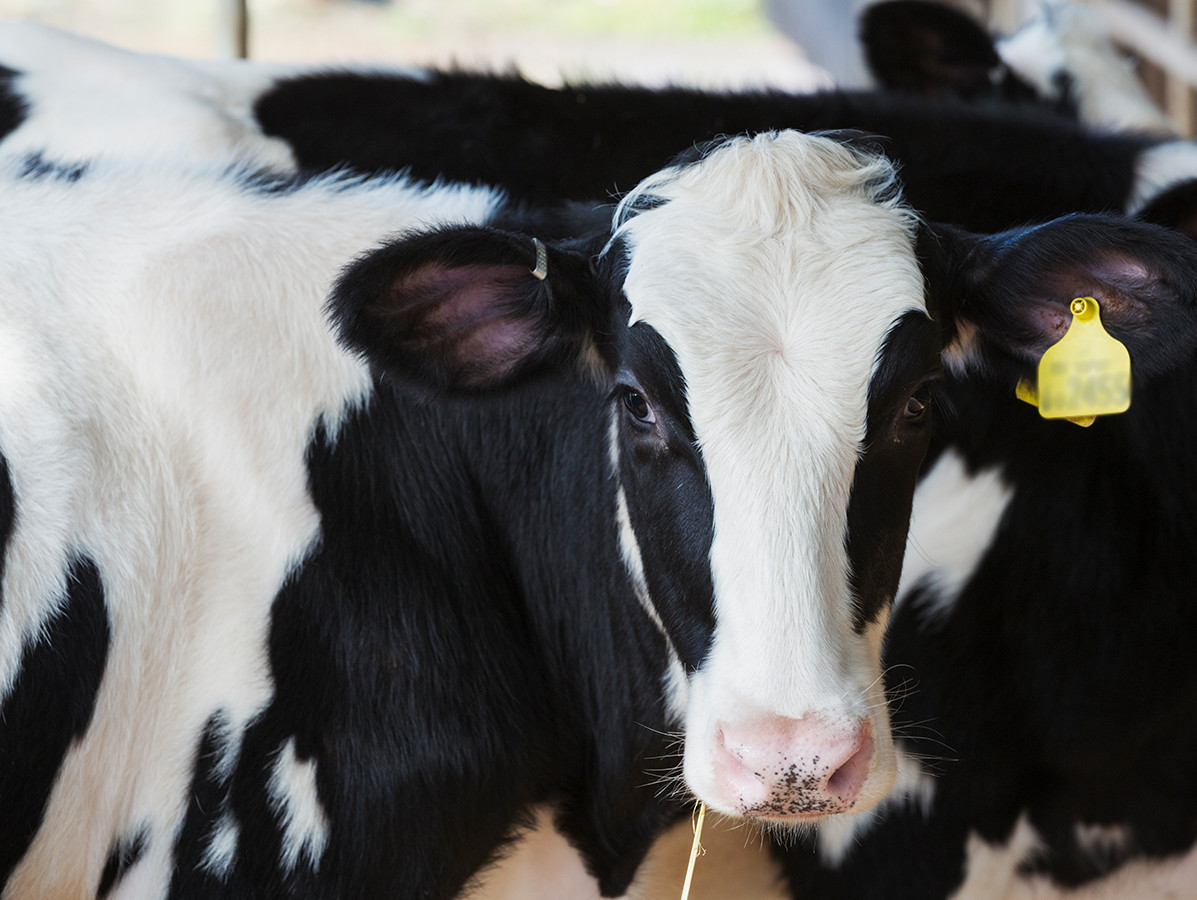
Intensive agriculture and livestock farming are the main sources of nitrogen emissions. The Delft-based start-up MEZT, founded by Adriaan van Lieftinck and Edward Sibeijn, thinks it has a solution. With the electrodialysis technology of TU Delft, MEZT wants to prevent healthy farms from having to shrink or close down. Edward: "By redirecting nitrogen emissions from the polluting problem to part of the circular farm, we can ensure higher animal welfare and a more sustainable income model."
Edward: "In agriculture, there are several times when ammonia is released: 25% evaporates in the barn, when puddies and puddles from 'under the tail' drain into the manure cellar. During storage in the manure cellar, about 25% also evaporates and the remaining 50% is released into the air when the manure is spread on the land. By extracting ammonia from manure, you can make a big difference in emissions in the barn, storage and when spreading out".
A key role is reserved for the Delft electrodialysis technique and a set of membranes. These membranes remove nitrogen, phosphate and potassium from manure. Unlike other systems, the manure does not have to pass through the membranes, but flows alongside them. As a result, this technique bypasses the problem of clogged membranes. Edward lists the advantages: "No chemicals are needed, such as lye. The process requires little electricity and the manure does not need to be heated. The latter in particular results in a considerably lower CO2 footprint. Our machine uses very little power and is small and safe enough to be placed on the farm."
This solution requires farmers to look at manure and fertiliser in a completely new way. Adriaan: "If farmers produce too much manure now, they dispose of it. The cost of this is roughly between five and twenty-five euros per cubic metre. In addition, farmers buy fossil fertiliser to feed their land. The supply and removal of both costs a lot of money and energy. With the MEZT method, less manure has to be removed, but the farmer can also make the raw materials on the spot for his own fertiliser substitute. This means it's a two-way street and a closed local cycle of nutrients is created".
MEZT also thinks: by decomposing manure into its components with this technology, concentrates can be made from the most important nutrients. In this way, manure can be tailored to each crop, type of soil and season and a major step towards precision agriculture can be taken. The startup is currently working hard on the further development of their prototype. Together with LennTech, the company hopes to build a first version at the end of 2020, early 2021 that can be tested on farms.
MEZT believes that this technique has the potential to eliminate excess nitrogen within five years and make local, circular, precision agriculture possible. "If at the end of 2021, beginning of 2022, between fifty and ninety-five per cent nitrogen can be extracted from manure, a truly huge impact can be made. Application of this technology will be cheaper and more effective than measures envisaged by the Cabinet, such as the buy-out and closure of livestock farms".
Source: TU Delft